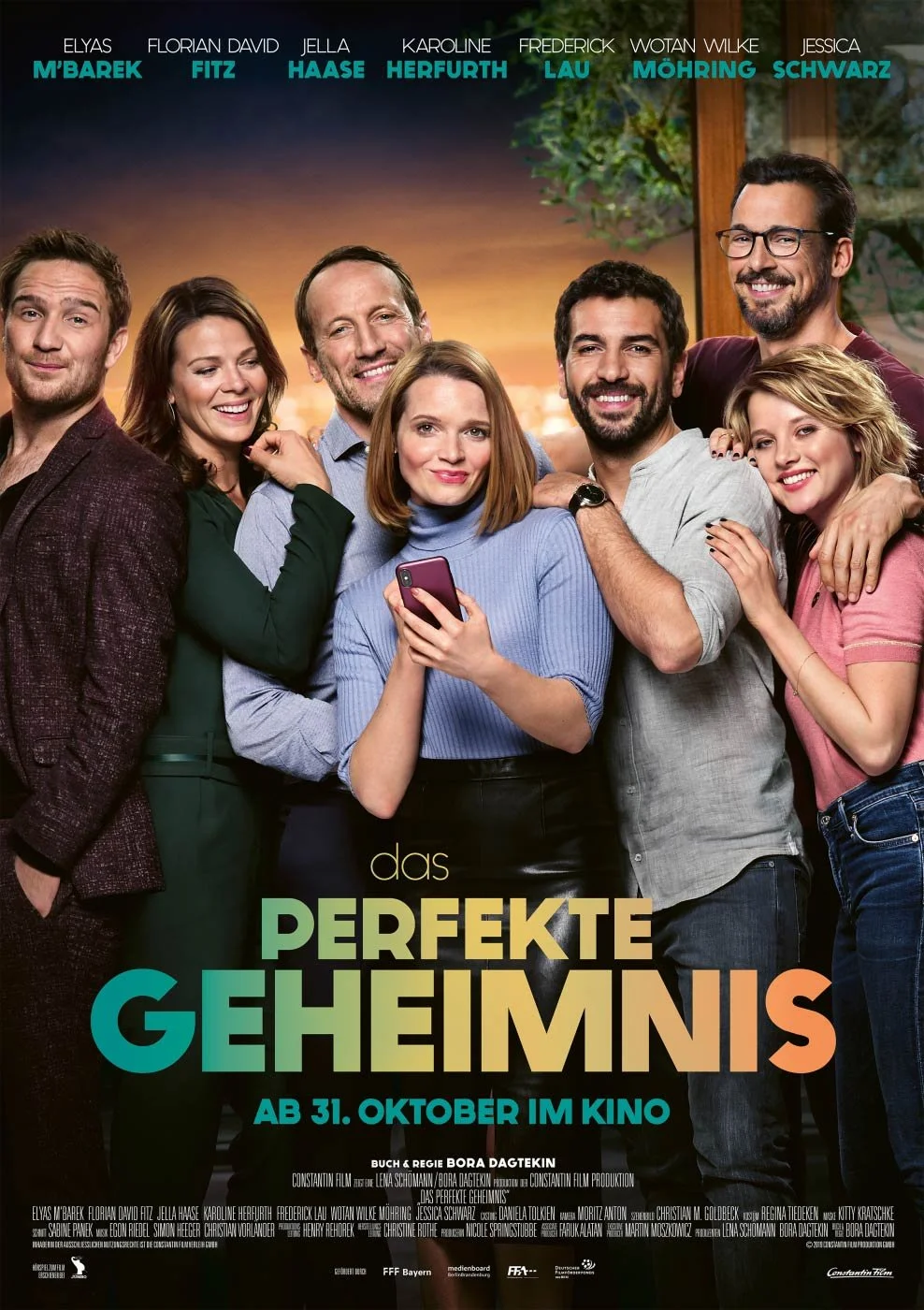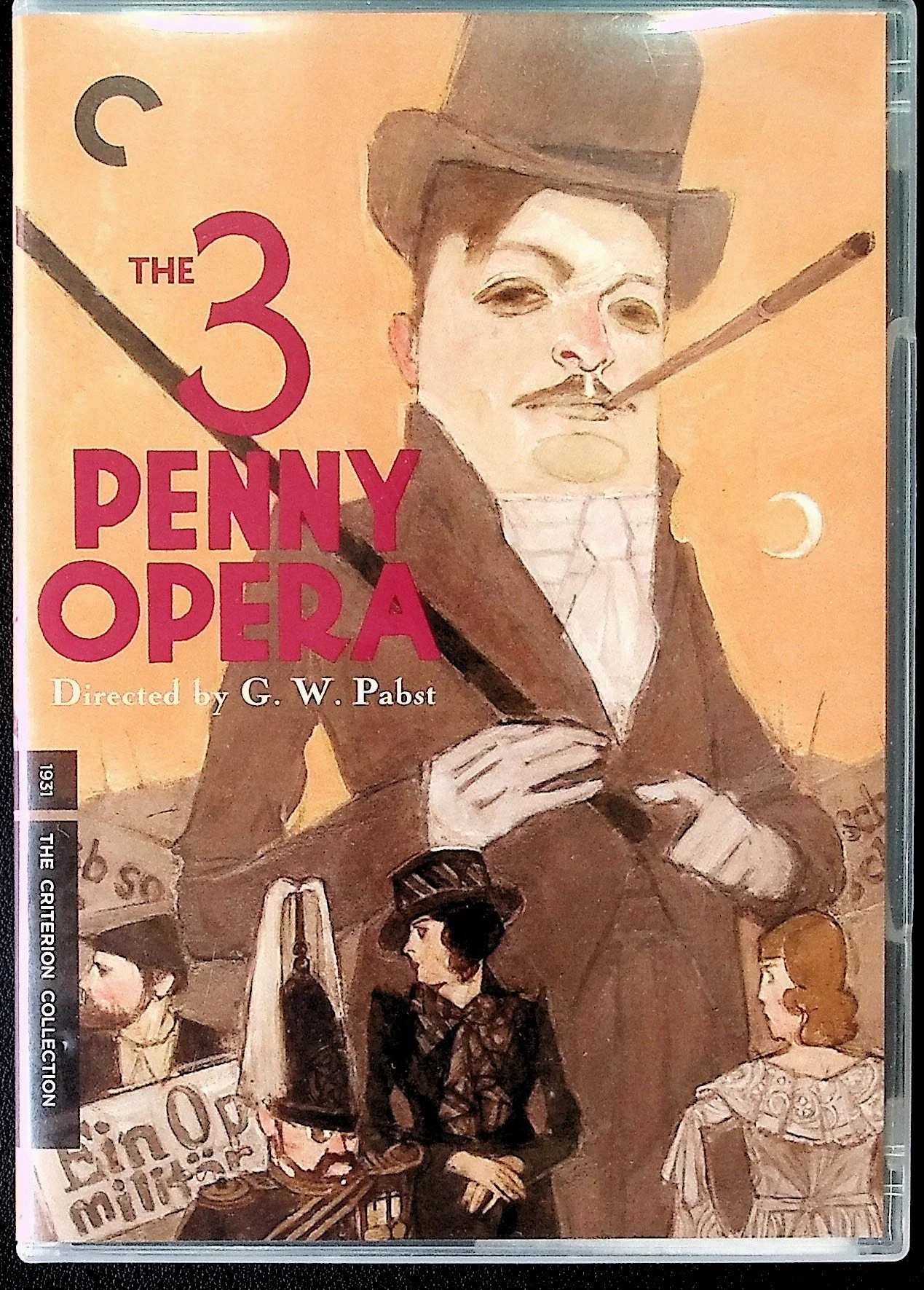- Activism
- Animation
- Asylum
- Austria
- Berlin
- Black Germans
- Childhood
- Cologne
- Colonialism
- Comedy
- DDR
- Documentary
- East/West Germany
- Environment
- Food
- Hamburg
- Health
- Holocaust
- Immigration
- Intergenerational Families
- Jewish
- Judicial system
- Lesbian/Gay
- Lübeck
- Munich
- National Socialism
- Politics
- Pomerania
- Racism
- Religion
- Sexism
- Short films
- Stuttgart
- Switzerland
- Twins
- Weimar Republic
Das Perfekte Geheimnis
“Three women and four men: Everyone has a mobile phone, which makes a total of seven mobile phones. When the friends come together for dinner one evening, they suddenly come up with an idea. They play a game: Everyone puts their cell phone in the middle of the table and no matter who gets which pictures or messages sent, no matter how brief - everything has to be shared with the others. Telephone calls are only allowed via the loudspeaker. But what starts as an entertaining pastime, which should bring a little tension in the evening, soon leads to some embarrassing and tense situations full of surprises. And soon, not only the mood threatens to tilt, the long-standing relationships are at stake through the discovery of explosive lies and secrets at stake.”
Die 3-Groschen-Oper
The Threepenny Opera differs in significant respects from the play and the internal timeline is somewhat vague. The whole of society is presented as corrupt in one form or another. Only some of the songs from the play are used, in a different order. Bertolt Brecht and Kurt Weill, the playwright and composer of the stage play that the film is based on, were originally hired to adapt the play for film, but Brecht quit in the middle of production, while Weill continued working on the film until he was fired. The two each sued Warner Bros. and the German production company on the basis that sale of the rights stipulated that nothing in the stage production could be changed for the film. Brecht and Weill intended the piece as a satire on capitalism, and claimed that the ideological basis of the story was softened by director G. W. Pabst, who wanted the film to be more entertaining. Brecht was accused of breach of contract and his suit was rejected, but Weill won his suit.


